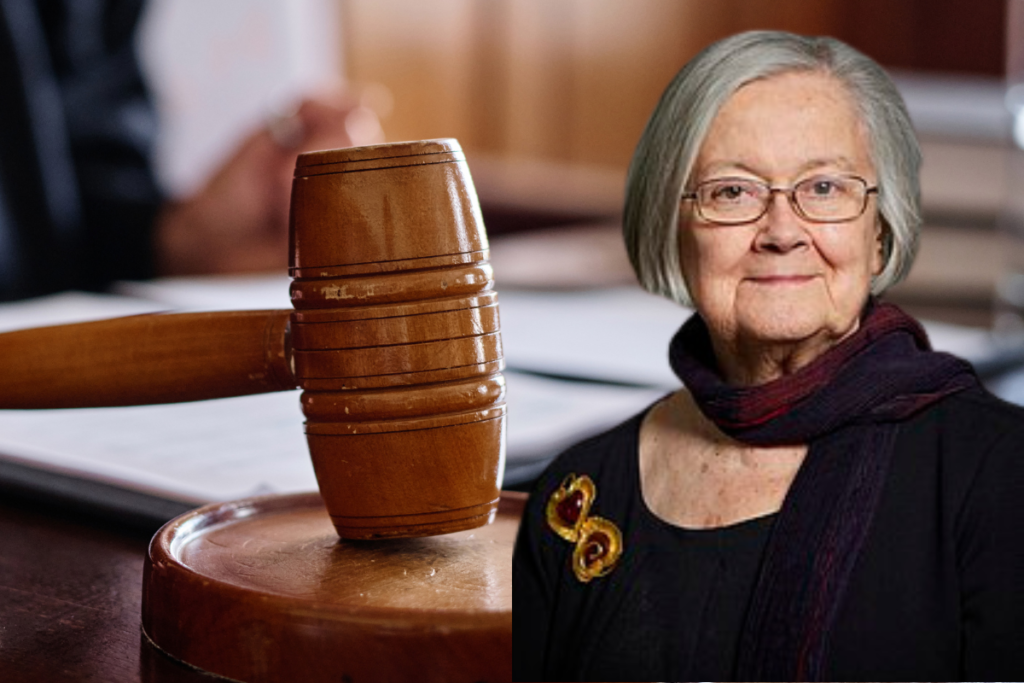In a troubling case highlighting human rights concerns in the United Arab Emirates (UAE), British businessman Ryan Cornelius, 70, has been imprisoned in Dubai since 2008 over an alleged £370 million fraud. Initially sentenced to 10 years, his imprisonment has been extended until 2038. Cornelius recently appealed to the UK Foreign Office for protection after prison officials attempted to coerce him into signing a document asserting that his human rights were being respected.
Cornelius’s ordeal began in 2008 when he was detained on charges of fraud involving £370 million ($450.6 million). Despite serving his original sentence, UAE authorities extended his imprisonment, raising serious questions about the country’s legal practices. In a letter to the UK Foreign Office, Cornelius described the coercive environment within the prison, stating, “The relationship between jailers and prisoners is inherently coercive… When someone with this kind of authority asks you to sign a statement saying you’re being treated well, you have a strong incentive to comply to avoid worse treatment.”
This case is not isolated. Human rights organizations have long criticized the UAE for its treatment of detainees. The U.S. Department of State’s 2023 report highlighted significant human rights issues in the UAE, including “harsh and life-threatening prison conditions” and “arbitrary detention.”
Similarly, Human Rights Watch’s World Report 2024 noted that “UAE-based migrant workers face widespread abuses,” underscoring systemic issues within the country’s detention facilities.
The international community has also taken note. In July 2024, the Abu Dhabi Federal Appeals Court sentenced 43 individuals, including human rights defenders and activists, to life imprisonment on terrorism charges. This mass trial faced severe criticism from human rights groups, with Amnesty International describing it as “shamelessly unfair” and asserting that the convicted were merely government critics and democracy advocates.
Cornelius’s family has been actively seeking his release, urging British politicians to intervene. During a visit to the UAE for trade talks, they appealed to Labour leader Sir Keir Starmer to advocate for Cornelius’s freedom.
Despite these efforts, the UK government’s response has been criticized as insufficient. Radha Stirling, head of the advocacy group Detained in Dubai, emphasized the need for diplomatic intervention, stating that the UK government must do more to protect its citizens abroad.
The UAE’s treatment of detainees, particularly foreign nationals, continues to draw international scrutiny. Reports of torture, arbitrary arrests, and incommunicado detentions are prevalent.
The case of Ryan Cornelius serves as a stark reminder of the challenges faced by those imprisoned in the UAE and underscores the urgent need for systemic reforms to uphold human rights within the nation’s justice system.



